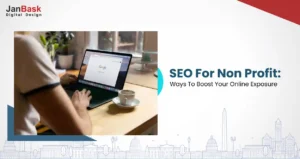
Are you a business owner with a small budget?
You're in the right place.
We can help you rank higher on Google and other search engines at a price that won't break the bank.
Most people now simply go to Google or another search engine when they want to buy something. Therefore increasing your small company's exposure on the big search engines is a vital advertising approach.
Unlike paid search and other advertising methods, your website can be found for free through organic search results.
This is where SEO comes in place.
Search engine optimization's purpose is to get your site and pages found by search engine crawlers and to rank the page relevancy precisely so that it shows at the top of the search results. Maintenance, tuning, testing, and monitoring are all part of the ongoing optimization process.
To get the most exposure, it's critical for your business to show up in a variety of places in search results, including Google Maps, organic results, Featured Snippets, photos and videos, and more.
Since most small businesses don't have a dedicated small business SEO consultant team or a lot of spare time to keep up with all the newest search engine algorithm changes, small business SEO presents a unique set of challenges.
You're up against not only other small businesses but also publishers, well-known brands, and a slew of other sources of information that appear in search results.
It's easy to become overwhelmed by the sheer volume of online information on SEO checklists and tips for small businesses.
But don’t worry, we have got you covered.
This article will cover a small business SEO checklist you should start implementing immediately to enhance your SEO rankings in 2022. These 30 SEO checklists for your small business will be presented in a logical sequence so that you can follow them step by step and gradually boost your site's exposure.
Looking for SEO Services for Small Business Website?

Whether it's a direct or indirect effect, the design of your website will have a big impact on your search engine rankings. Consider this to understand why SEO services are so important when creating a small business website.
In order to attract visitors to your website, it is important to think about your website's structure before you write a single line of code or design any aspect of it.
Consider the following small business SEO checklists for site structure elements. Hierarchy, coding simplicity, creating a shallow-depth site, and the best menu navigation for your site should be considered.
You should look for the following small business SEO tips while conducting an SEO competitive analysis:
There are various keyword research tools, but Google's Keyword Planner tool is the most extensively used and easiest to use. Use this tool to find out how many people are searching for the terms you want to focus on.
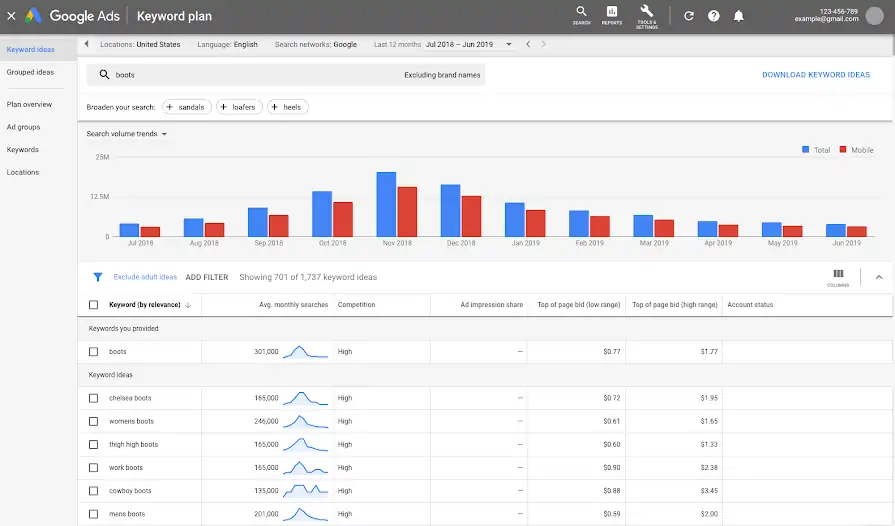
You can determine which terms will be most beneficial by comparing search traffic.
You may also utilize the Keyword Planner to come up with fresh keywords for a given topic. Remember that the most popular terms aren't necessarily what you should focus on while conducting keyword research. The best strategy is to target long-tail keywords.
Small firms can outperform larger ones by focusing on the needs of their customers.
Creating a great user experience can help level the playing field when it comes to growing your business. For this, you need a checklist for User Experience (UX). This will give you a sense of what to look for and what needs to be improved.
Many small businesses overlook the importance of content that flows naturally. Instead of stuffing your content with keywords just to get a leg up on the competition, only use them when they are relevant and useful to your readers.
If you've never used Google Analytics before, it's time to learn it. Additionally, setting up Google Analytics provides businesses with information about where users are coming from, which landing pages they are clicking on from search engines, and what people are searching for before visiting your site.
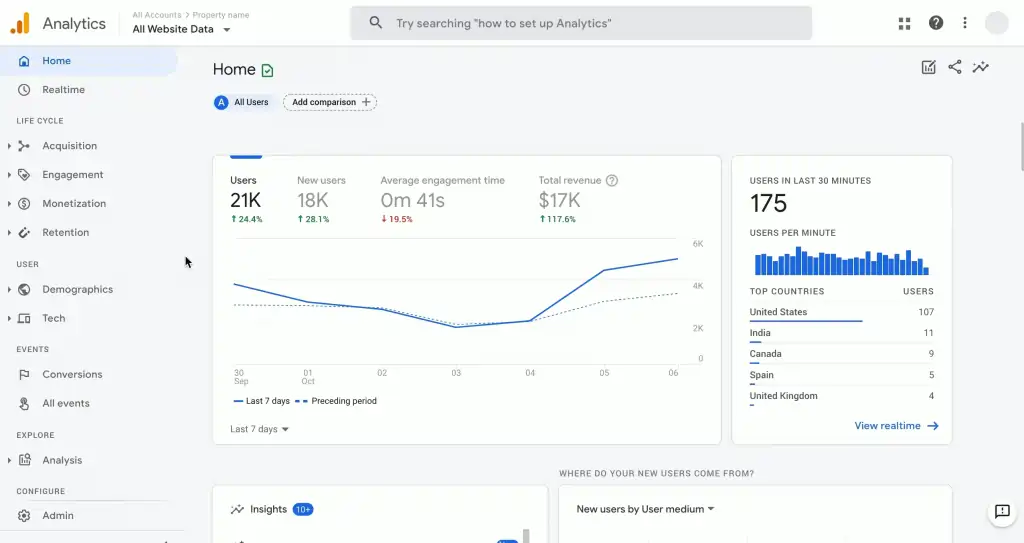
By comparing and analyzing data on a regular basis, you can see where you can improve.
First, sign up for Google Search Console and Bing Webmaster Tools to get your site up and running. Then, submit your sitemap once you've completed the setup. Once you've made it, you can add it to your robots.txt file.
Google and Bing will index your site if you submit a sitemap for them to use. That's not the only reason to sign up for Google Search Console and Bing Webmaster Tools. Your website's faults, link popularity, and most frequently used keywords can all be found in these reports.
Search engines will be more trusting of your pages if you follow these SEO tips for small business. They perform a wide range of tasks. To understand how your information is collected, add the Privacy Statement. Terms of Use outline the website's rules and regulations. You can only be held liable to the extent that your website's disclaimer specifies.
This is one of the most crucial SEO checklist for small business websites that you should focus heavily on. In addition to providing your audience with fascinating and relevant information, blogging provides a number of benefits to your website's search engine optimization (SEO). By creating a blog, you will be able to:
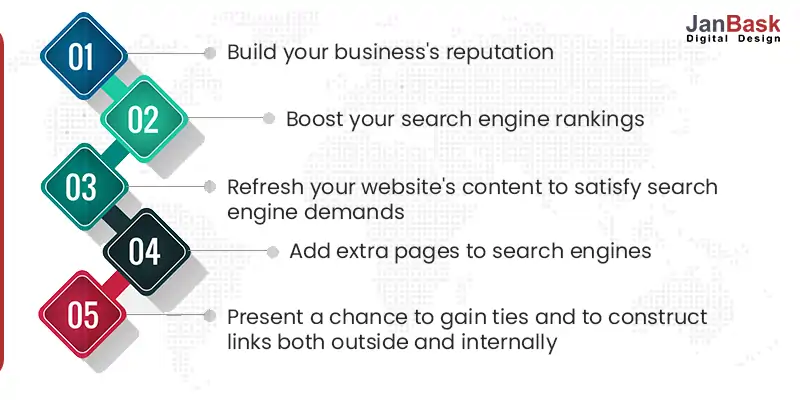
Using your keywords in the right places is an additional SEO strategy for small businesses to consider. Your major keyword should ideally appear in the following places:
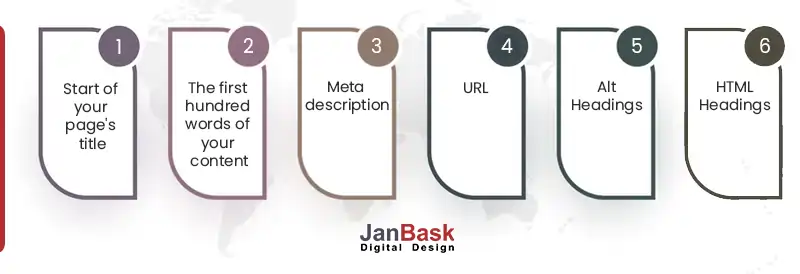
To put it simply, LSI Keywords are closely connected to the terms you've entered into the search box. As a result of what people search for and how they search, Google can identify words that are relevant.
Instead of using the same keyword again, utilize variations in each piece of content to increase your search engine rankings.
A website can benefit from images but also detract from them. If you can convey the same message using content rather than visuals, then it's often preferable to do so.
There is an alternate argument in favor of creating a well-designed website with a minimalistic approach. While this is a viable option, it must be carried out properly. Consider this as one of the most important SEO tips for your small business website.
Creating local search listings and optimizing them is an essential SEO strategy. You should use high-quality images and original material when optimizing your listings, as well as mention your business hours and list your products or services.
Because inbound links are so important to your website's ranking, taking the time to develop sound link-building strategies can pay off handsomely.
Strategic planning and connection development can take a long period, but both are essential. Read on to learn more about the advantages of link building:
Duplicate material can be eliminated with the use of rel=canonical tags. As long as two URLs contain the same content, rel=canonical tags allow you to identify which is the primary one.
In addition, this makes it simpler for search engines to determine which content to use as a source. If you have a blog or a product with numerous categories, you may use the tag to group them together.
When a website has a lot of images, music, or GIFs, it will take longer for the page to load. If your site takes a long time to load, it will suffer in the search engine results because most visitors won't wait.
The ranking should never be a major concern of yours. You should focus on metrics that can assist you in enhancing your search engine rankings rather than focusing solely on rankings. Metrics like the ones listed below might help you gauge the success of your SEO campaign.
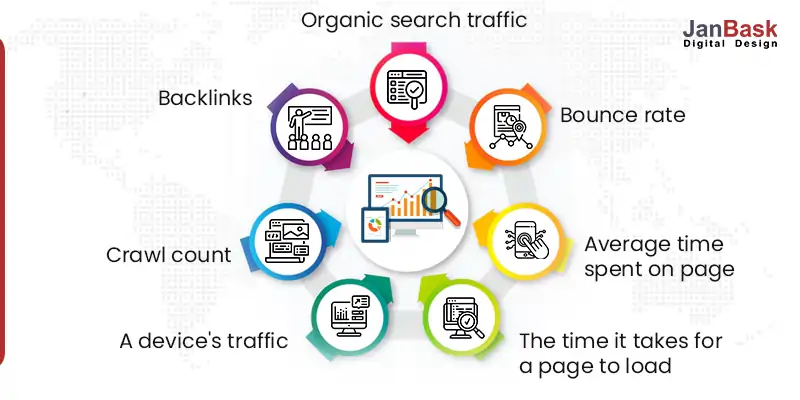
It may seem counterintuitive to include this in a list of SEO pointers, but it is too simple to overstate the importance of a certain keyword. PPC optimization strategies allow you to see if the clicks on a certain keyword will result in the conversions you desire.
How you organize your website's pages is an important part of the process of adding new content. Search engines can better understand your website if it has a clear structure. Imagining your website as a filing cabinet will help you remember what you've put on it.

For Google to comprehend your website, it takes into account a variety of factors, one of which is internal navigation. When a search engine crawls your site, it needs to be able to determine the overall context of each page. In an ideal world, the site's navigation would follow the site's overall layout.
For example, imagine a website that offers:
In that case, the navigation here would be much easier to follow.
Ensure that your content is well-connected by using relevant backlinks. For example, you should link to your products and services in your blog posts using natural search terms that make sense in the context of the content.
Your search engine results are essentially advertisements for your company. This means you must ensure that the material is enticing and persuades readers to take the next step and visit your site.
In Google Search Console, you can check your CTR (Click Through Rate). Filtering around specific pages or search phrases will improve the utility of this statistic even further. Establish a starting point and put equal effort into increasing the number of clicks as you do in raising your position in the search engine results.
Page titles and meta descriptions are critical to attracting visitors to your site, so don't over-optimize them. Instead, it is critical that you optimize them intelligently and concentrate on maximizing the number of hits that lead to your website from search engine results.
Determine if you want to include your business name or brand in the page titles or meta descriptions as you review them. However, depending on the length of your page titles, this may not be an option for you.
The meta description is a good place to put your brand if your page names are long or intricate. Awareness is a major consideration in marketing. This means that every time your ad is broadcast, you have an opportunity to improve brand awareness. Make the most of the opportunity to promote yourself.
Image optimization is commonly overlooked in search engine optimization (SEO). However, it's possible for some businesses to get visibility and traffic by using image searches or images that appear in the search results. Even if image search isn't a priority for a business, images can nevertheless give context to a page.
It's a rather straightforward process to optimize images. Check out these SEO tips and tricks for your small business:

Looking to Create a SEO Plan for Your Small Business?
Don't get carried away. Search engines have a lot of intelligence. Incorporate your keyword(s) into your content whenever it makes sense. There should be no need for SEO idiocy if your page titles, H1 tags, and meta descriptions are all in sync across all of your URLs, navigation, and page names.
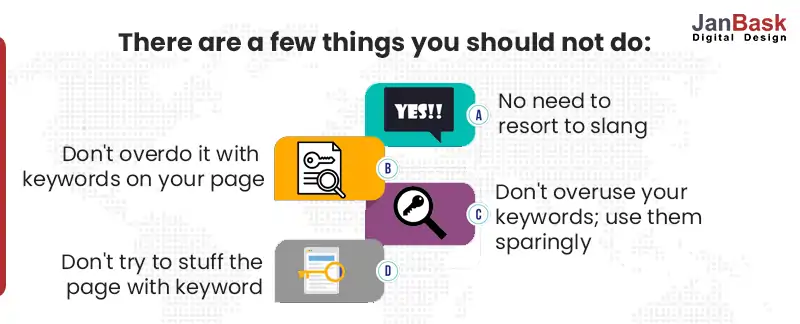
Google Search Console's Core Web Vitals report shows how quickly your pages load in the real world. In today's multi-device era, mobile devices predominate. The majority of small businesses will receive their first contact from potential customers via mobile phone.
If your site is running slowly, you should contact your web host or developer so they can see what they can do to speed it up. The most important thing is to be aware of the situation and actively work to improve the speed of your site. You don’t need to invest tons in it. SEO packages for small businesses are very affordable these days.
This is critical, but it's frequently overlooked. With the help of Google Analytics, you can track things like form submissions and phone numbers dialed by site users. This type of conversion tracking helps us determine which sites and traffic sources are most effective at generating new customers and revenue.
Once you've mastered Google Tag Manager, you'll be able to track anything from forms to downloads to email clicks to phone number clicks and then use that data to better your campaign.
To avoid stagnation or a fall in growth due to carelessness, it is vital to keep adding and modifying keywords and website content on a regular basis. Additionally, you should analyze your link strategy and make sure that your inbound and outbound links are appropriate to your company.
For the framework and ease of content adding that you need, a blog is the best option. In most cases, your web host will be able to assist you in getting a blog up and running.
If you're just getting started with SEO, you may not see any results for a long time.
Even while SEO is a terrific long-term strategy, it can be impractical if you don't have a steady flow of new customers. Paid search can be a huge asset in this situation.
Set aside a budget for paid advertising while you build up your SEO efforts so that you may continue to receive new leads. A paid search campaign may still be necessary, even if you have a constant flow of organic traffic to the website.
Get affordable SEO services for small businesses from experts. Choose an expert that knows how to get you found on Google with a proven track record and can help you take your business to the next level without breaking the bank.
One of the most important variables in local search ranking is the quality of local reviews. Additionally, soliciting customer evaluations and feedback can help you increase your conversions.
A review campaign can be organized and managed with the help of platforms. Another option is simply encouraging your consumers to post evaluations on popular review sites.
It is possible to get positive local reviews by using these SEO checklists for small businesses.
Any small business's GBP strategy should be its primary focus. You don't have to pay a dime for it, yet it has the potential to have a significant influence. You want your Google Business Profile to have all the information a potential customer needs to call you, find driving directions, order online, or convert from the listing.
Google's business listings can be optimized by claiming and confirming them.
Your small-business website may appear good from the outside because of its fantastic graphics, colors, and fonts. When it comes to SEO and traffic, though, it's likely to have an influence if there are issues behind the hood.
Fix the foundation before you start a content or link campaign. First, you need a well-structured website to ensure that search engines can correctly crawl and index your content.

This brings us to the end of this guide. With these SEO checklists for small business websites, you will have your small business up and running in no time.
There are a lot of misconceptions out there about SEO, so maybe this has put your mind at ease. However, because you're a small business owner and not an SEO marketing specialist, we recommend hiring professional SEO services for small businesses.
The most important thing is to get started, no matter how daunting the task list may appear. Start with the one thing you're confident you can complete.
In due course, you'll learn about local SEO tools that help expedite and simplify the strategies that are working for you. And once you've completed the checklist's preliminary tasks, you'll be ready to expand your SEO approach.
Interested in our Professional Small Business SEO Company?

J
Thanks a lot. Reading this has guided me so much.
H
This is a perfect beginner’s SEO guide.
M
Kudos! Great tips.
P
Pheww! Relived that I am on the right SEO track for my website.
B
Can you suggest some good SEO tools?